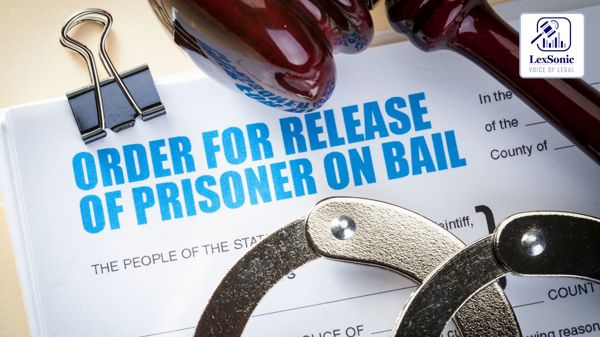Bail Secured for Prakash Paswan as Supreme Court Sets Terms Amid Pending Trial.
15 October 2025
Besides, charges were worded under Sections 30(a), 32(i), 32(ii), and 41 of the Bihar Prohibition and Excise Amendment Act, 2022.

The lawyer for the appellant pointed out that the trial had not yet begun and that custodial interrogation was no longer required since a chargesheet had been lodged. The State argued that the appellant was also involved in another such case where trial was pending. Considering these facts, the Supreme Court noted that extended custody was not justified after filing of the chargesheet.
Accordingly, the Supreme Court revoked the High Court order and granted bail on suitable terms and conditions to be made by the trial court. The Court also laid great emphasis on the responsibility of the appellant to co-operate during the trial process without resulting in unwarranted delay. The bench of Justices Sanjay Kumar and Alok Aradhe made clear that the order of bail was not a pronouncement regarding the merits of the case.
This judgment ensures the principle that once the need of the prosecution for custodial interrogation ceases, bail is not to be denied unnecessarily, particularly where the trial is pending.
